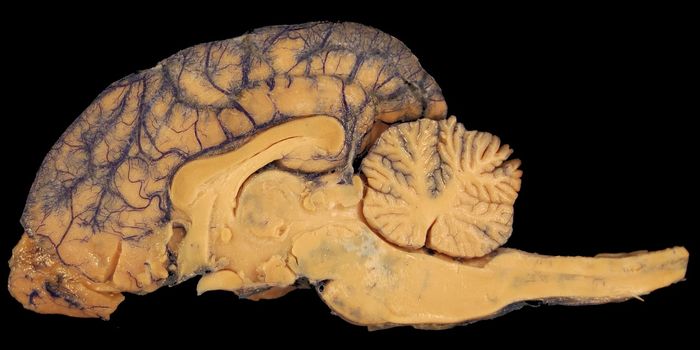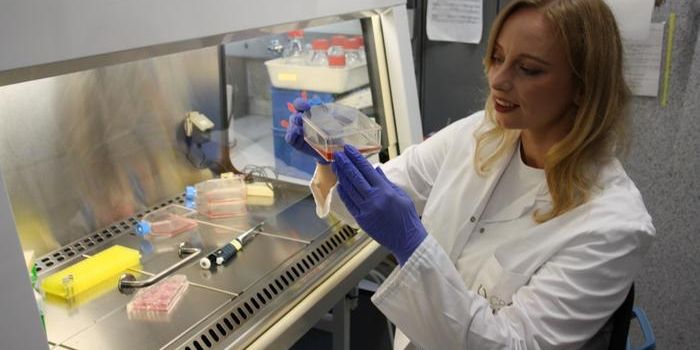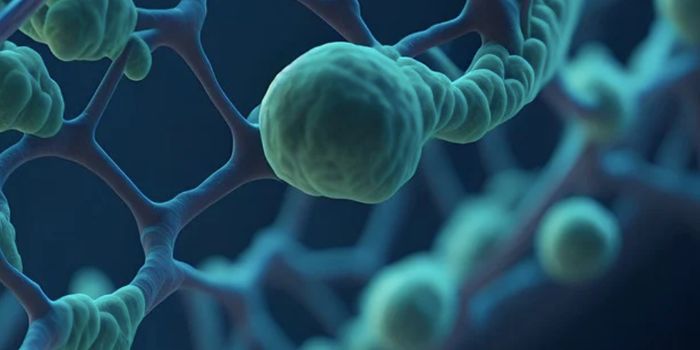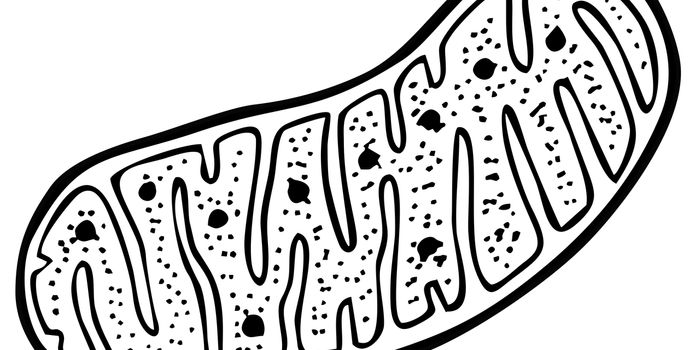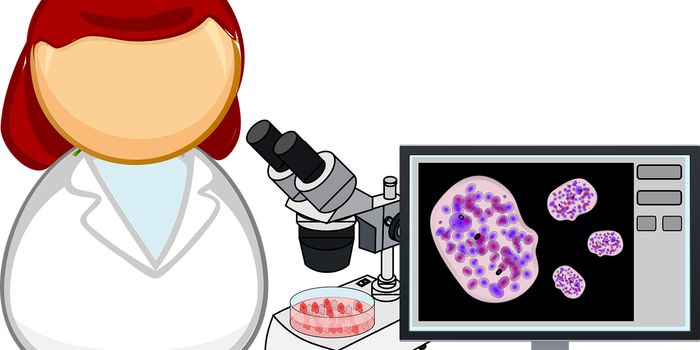Did Our First President have Skin Cancer?
Today's Fourth of July holiday celebrates the day America’s Founding Fathers, representing the 13 colonies, officially adopted the Declaration of Independence. While the vote on the Declaration of Independence took place on July 2, and many historians believe the Founding Fathers didn’t sign the document until August, Americans continue to commemorate their independence on July 4 because on this day in 1776, the colonists agreed to the final draft of the document that created the United States of America.
Last year, Labroots covered Caesar Rodney, a delegate from Delaware who suffered from facial cancer that left him with a deformity. Today, we will explore how cancer may have impacted another famous signer of the Declaration of Independence, the first President of the United States, George Washington.
In June 1794, Washington became concerned about an abnormality on his skin believed to be some form of skin cancer. Washington saw Dr. James Tate, a surgeon from Pennsylvania, to have the lesion removed. While we don’t know precisely why Washington sought out Tate at the time, historical records show that Tate served under then-General Washington at Valley Forge, an encampment near Philadelphia where the Continental Army spent six challenging months enduring harsh winter weather during the Revolutionary War. Perhaps Washington sought out an old friend he trusted to help him through this health scare.
While we don’t have conclusive evidence that George Washington actually had skin cancer, comments in his correspondence, and that of his wife Martha, support the likelihood that the lesion on Washington’s face was some form of skin cancer.
In February 1975, Washington wrote an introductory letter for Tate to Thomas Pinckney, the Minister to Great Britain. The letter reads like a glowing recommendation for Tate, who was traveling to Great Britain.
In the letter, Washington presented Tate as someone “who is possessed of the valuable secret of curing Cancerous complaints.” Washington continues that he benefited from Tate’s skill. Washington complemented Tate, affectionately referring to his surgical technique as an “art.”
The letter continues that Washington had a spot on his right cheek which had irritated him for years. He described how the spot had been “increasing in pricking and disagreeable sensations.” The letter described how the spot on his cheek “assumed the decided character of a Cancer" the previous June.
Washington narrates his cancer journey by describing how Tate cured him. Washington wrote, “I was perfectly relieved by [Dr.] Tate in about two months by an easy course, under the operation of which I felt no confinement, or other inconvenience at that time, nor any injury to my constitution since.”
We also can’t piece together the exact course of treatment Washington undertook under Tate’s supervision. In a letter from Martha Washington on August 3, 1794, she tells her niece, Fanny Basset, that Tate examined the lesion on George’s face and gave him medicine that had led to some soreness. In addition, the website for Mount Vernon, George Washington’s home in Virginia, notes that accounts describe that Tate extracted the lesion from Washington’s skin.
While we do not know the exact therapeutic regimen Tate used, we can piece together that Tate successfully eliminated the abnormality on George Washington’s skin. While On November 11, 1794, Martha wrote to Fanny again, telling her the spot on George’s face was gone. Washington lived about four years after this cancer scare, so there was likely no recurrence.
With no pathological diagnosis, or even medical documentation, how do we know if Washington actually had skin cancer? We may never have definitive evidence that this was the case, but the surviving letters discussed here suggest the likelihood that Washington endured some type of skin cancer.
Sources: Med Herit, Plast Reconstr Surg, Mount Vernon


